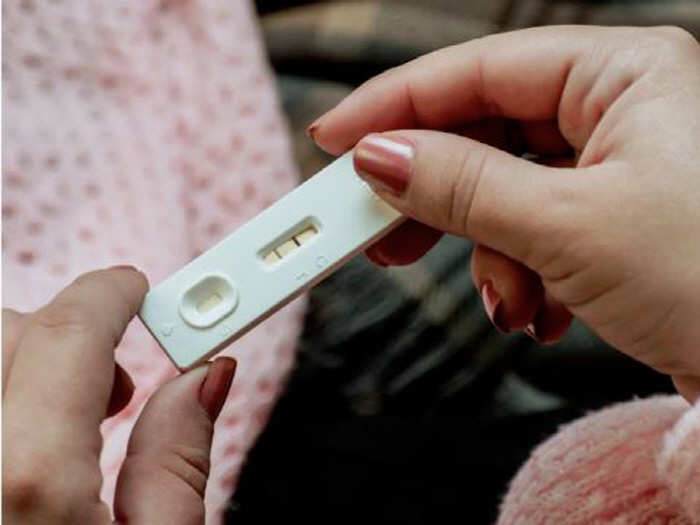I believed 100% in contraception... Intrauterine devices after 18 months of pregnancy shock
Nov 04, 2025
|
Having trusted 100% of the contraceptive effect, she became pregnant 18 months after inserting the so-called 'copper loop' into her body.
According to the Mirror and other foreign media, Mila Maunubara, a 28-year-old woman living in Helsinki, Finland, chose IUD, a copper loop, while looking for a hormone-free contraception method after taking a contraceptive pill for 10 years.
However, in September, a sudden abdominal pain lasted for two days and he visited the hospital, and an ultrasound examination recommended by a doctor confirmed that he was pregnant.
As a result of the diagnosis, it was ectopic pregnancy. It is a condition in which the fertilized egg is implanted in a region other than the uterus, which usually occurs when hormone levels are low. Milya said "I didn't want the child yet, so I felt rather relieved"
The medical staff offered her three options.
Naturally, it was a way to wait for the pregnancy to end, take medication, or undergo surgery.
Milya chose medication because the surgery was burdensome, and a single injection on her thigh ended the treatment in a day.
She said, `Even if the contraceptive device is very effective, if you have symptoms or if your period is delayed, you must do a pregnancy test"No contraception method is 100%, and it is important to choose the right method for your body."
Since then, Milya has avoided contraceptives and is always using condoms in relation to her boyfriend.
She said "I'm reluctant to have chemicals in my body."
Meanwhile, according to the British medical community, copper loops are said to have a contraceptive effect of more than 99% when used correctly. Eating contraceptives are also more than 90% effective, and condoms are effective in preventing sexually transmitted diseases, but the contraceptive effect is evaluated to be relatively low.
This article was translated by Naver AI translator.














